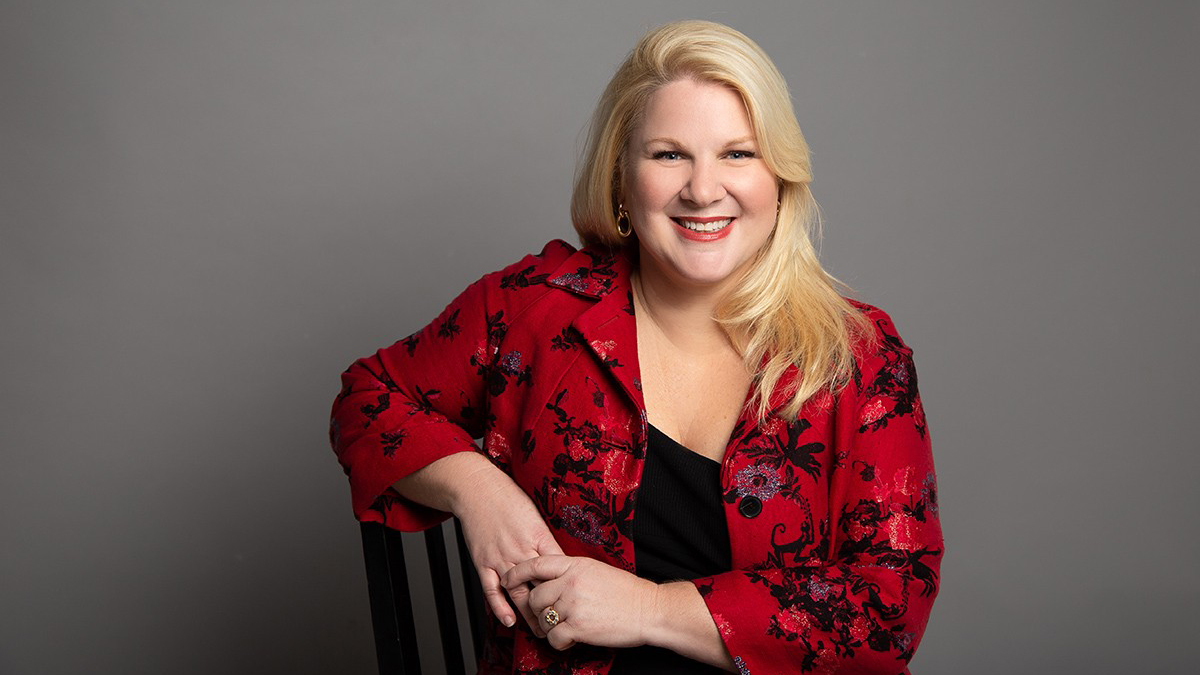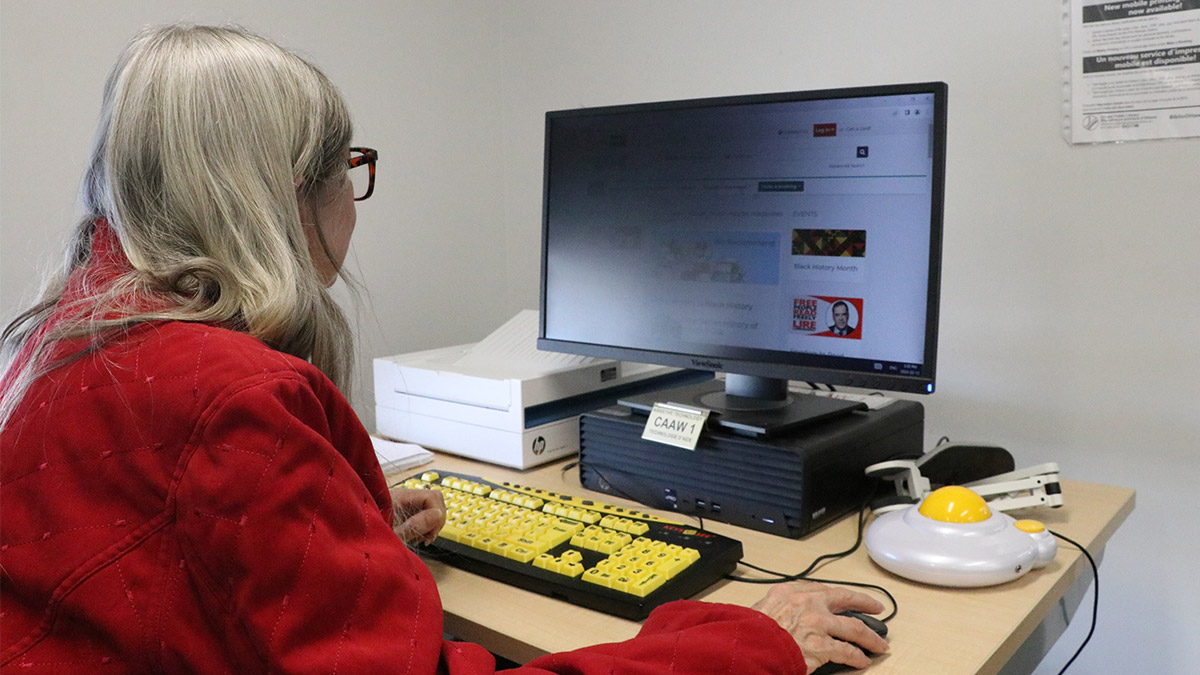Biruk G. Medhin runs A&M Confectionary, a corner store in the Heron Park neighborhood in Ottawa. Before the end of every month, Medhin gives his friend Romeo Louis Seize, 79, a ride to the bank so he can pay his bills. Seize is illiterate and lives alone. He struggled with Bell Canada for more than nine months to send him paper bills.
Although Seize’s problem with Bell was finally resolved in January, his limited digital ability and illiteracy highlight the problem of Illiteracy and its relation to accessibility and technology that many seniors in Canada encounter.
“The problem is when we tell people Romeo cannot read or write or use the internet, it seems no one believes us,” said Medhin.
“There is a systemic issue that puts people like Romeo in a disadvantageous situation.”
According to ABC Life Literacy Canada, an organization that supports and raises awareness about adult literacy, 48 per cent of adult Canadians have literacy skills that fall below a high school level and 17 per cent are at the lowest level, at which point people may not be able to read the instructions on a medicine bottle.
“People across generations with limited literacy are at a significant disadvantage,” said Laura Tamblyn Watts, the president and CEO of CanAge which is a Canadian seniors’ advocacy organization.
Watts said there are several layers to the lack of literacy in Canada.

There are people who have emigrated to Canada in their middle 40s or 50s, did not go to English or French school, and were able to manage verbally, and there are elders who have emigrated as part of a family reunification. They could be very literate in their languages, but not in English or French.
“When they have to interface with hospital systems or government or taxes, that’s really where they become extremely vulnerable,” said Watts. “This concern about their lack of ability to read or write in English and French is what makes them very vulnerable to financial or other forms of exploitation by people who would take advantage of them.”
Watts said although there are many programs and organizations that provide free training and education for older adults, there is still a systemic problem.
“People who are in more rural or remote communities are perhaps less able to access in-person support than those who are in urban centers,” said Watts. “People who cannot read might not know what the programs are to begin with, because they cannot read about the programs at all.”
“Are we doing enough to help people learn? I think the answer is ‘no.’”
Watts pointed out the lack of literacy could pose a more serious issue for older adults when it comes, for example, to taking the right medical prescriptions or reading instructions on a pill bottle. She thinks technology and digital literacy might be one part of the solution.
“The ability to use technology is ultimately important,” said Watts.
“If we can make sure that we improve people’s digital literacy around computers, iPads, and smartphones, that can be a really helpful learning tool.”
According to Statistics Canada, internet use among Canadians aged 75 years and older was up from 62 per cent in 2020 to 72 per cent in 2022. On the other hand, the proportion of Canadians who experienced cyber security incidents increased from 58 per cent in 2020 to 70 per cent in 2022. Six per cent of those who experienced cyber security incidents reported financial loss.
Rhonda McEwen, president of Victoria College at the University of Toronto, says that when the government moved services online, it created a problem for people who are illiterate or have a kind of disability.
“The majority are online, but you still have to take care of those that are not, especially since this is supposed to be an essential service,” said McEwen, adding that by building up and implementing a digital system for the majority, the government created a digital divide, a gap between those who can use it and those who can’t.
McEwen also works as a professor at the Institute of Communication, Culture, Information and Technology at U of T. She is developing a theory that focuses on the exchange between technologies and users as a unique form of communication.
McEwen said although there is a digital divide happening, technology has a lot of advantages, and there should be more research to find how many people are in need to find the solutions.
“If you know someone is having memory issues, you can create a technology that supports their memories, triggering the parts of their memory and so forth,” she said
“It’s never one solution for all the different possibilities.”
Andrew Sixsmith, who is a founding Scientific Director of AGE-WELL NCE and the director of STAR (Science and Technology for Aging Research) Institute, warned against assuming that older people are technophobic, or don’t have the capabilities to adapt to new technologies.
“During the pandemic, we saw many older people adopting technologies,” said Sixsmith.
“Wherever there is a technological change, it is disruptive. Anything that is disruptive is going to have an impact on some people in a positive way, and some people in a negative way.”
Sixsmith points out that people who are the most vulnerable to the effects of technological changes are the most socially marginalized and isolated people in our community, highlighting the significant role community organizations play.
AGE-WELL hosted a week-long event focused on technology-based solutions for healthy aging, while Help Age Canada runs a digital literacy program. Other organizations, such as Connected Canadians, provide training a support for older people.
Still, Sixsmith said essential services should be universally accessible, and that requires public sectors, tech companies, and companies that provide services to be aware of how they may be.
“We need proper policies and regulations in place,” Sixsmith said. “We need to fund community organizations to support the seniors, and more training programs. We need individual support for those people who are really struggling.”




